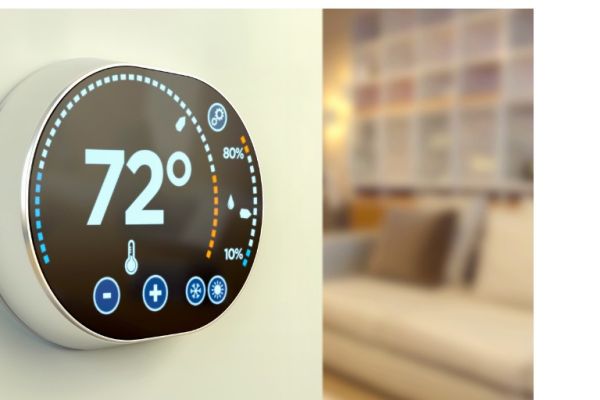What If Your Panels Produce More Electricity Than You Use?

Sometimes, potential solar customers are surprised to learn that their panels may be capable of producing more electricity than they need. This may seem like a neutral fact at best; how great can excess electricity be if it's just that-- excess? No use, no purpose, no benefit...
This couldn't be further from the truth! In fact, if your solar panels wind up producing excess electricity, you could actually snag some cash for that extra power. Read on below to learn more about the options that are available to you should your solar panels' electricity production exceed your needs.
What To Do When Your Solar Panels Produce More Electricity Than You Use
Net Metering
Net metering is a solar incentive designed by utility providers. It allows you the freedom to store excess energy in the electric grid. This means that when your panels start producing extra electricity, it can be sent to the grid and stored for later use during periods when those same panels are under-producing. This is especially helpful during times of the year with longer nighttime hours.
Net metering is an excellent way to create an energy buffer for your household. Your solar panels will produce various levels of electricity throughout the year depending on a variety of factors; sometimes they'll be pumping out energy like crazy, while at other times their production may fall a little short of what you need. Net metering helps you account for this reality and prepare for the future.
In some cases, your utility provider may even offer bill credits as an incentive for releasing this excess power back into the energy grid. Net-metered solar systems will move their electricity meters backward if excess energy is produced and provide a credit against the energy used at night or during other times when use exceeds the panels' output.
Backup Batteries
Backup batteries are an excellent way to store some of the excess energy that your solar system generates. These batteries can be set aside and stored for emergencies, or even pulled out during the course of days when energy production is low due to things like cloud cover.
Oftentimes, you can opt to include batteries in your solar system at the time of installation. These batteries transform the DC energy produced by your solar panels into AC power, which allows it to be stored for future use. This option gives homeowners the opportunity to store their own excess energy rather than sending it back into the grid.
If you elect to integrate batteries into your solar system, you'll be able to store your own excess electricity on-site and access it at a later date. No matter why you need it, you'll always be able to rely on that power being there. Batteries are also a great idea to have on hand for backup power in the event of a power outage or natural disaster.
There are a handful of other options for homeowners looking to use their excess electricity effectively. If you're interested in learning more about these opportunities-- or want to hear more about net metering and backup batteries-- get in touch with AskSolar today. Our team of solar experts is well-equipped to address your concerns and help you work towards making your solar dreams a reality.
Looking to start planning your own solar installation? Check out our free online form and input your personal information to find out how many solar panels your home needs. Our system takes your location into account in order to provide you with the most accurate and useful information possible. From there, you'll be able to start work on creating the solar system of your dreams.